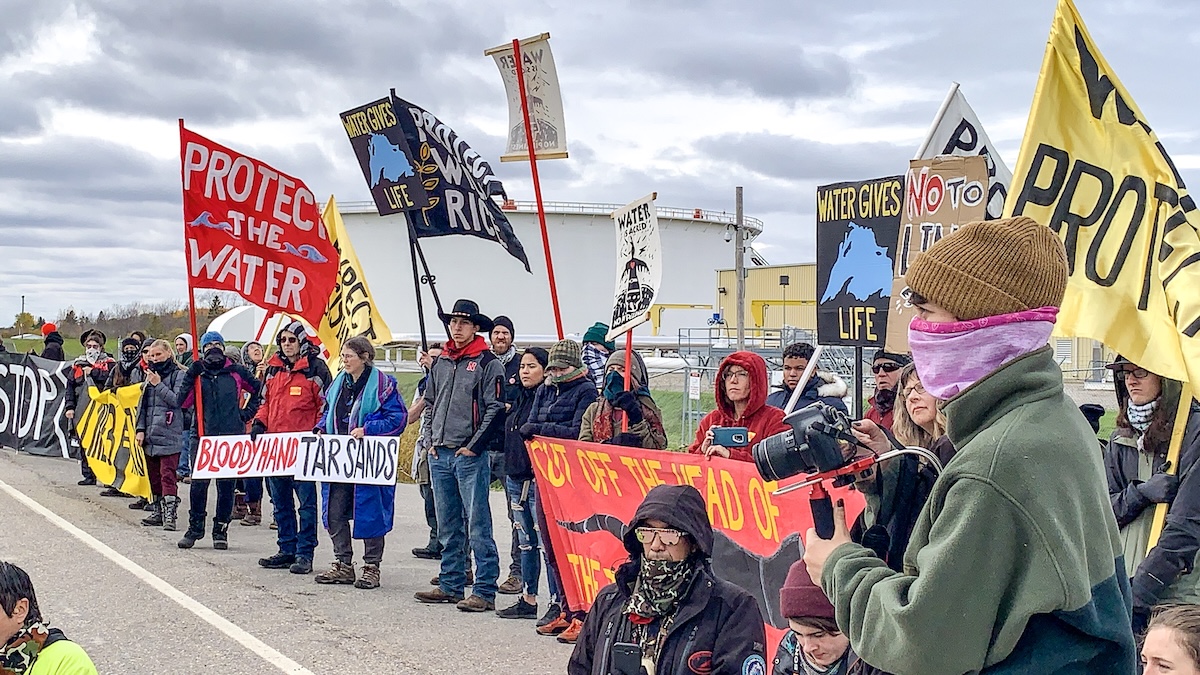
This is Part 1 in a three-part series titled, “Solving the Housing Crisis in Southern Oregon.”
The urgency to find workable solutions to curb rising homelessness in Oregon has taken center stage at every level of government, in every town across the state this summer. In Southern Oregon, like other regions of the state, thousands of people lost their homes in wildfires, exacerbating the already pressing situation and altering the demographics of those without adequate shelter.
Peace House works to solve the problems in our world with viable, nonviolent solutions with justice at the core. In this effort, we present Part One: Identifying the Problem. Check back next week for Part Two: Community-led Solutions.
One resident of Jackson County, who prefers to remain unnamed, has worked to support people living outdoors since 2005. Our source offered insight into the policy and practices governing the treatment of the unhoused in the Rogue Valley, and potential remedies to help Oregonians access affordable, dignified housing.
Enforcement Versus Policy
Last year, the state of Oregon adopted a statute that requires law enforcement agencies to store property seized during sweeps of homeless camps for 30 days (ORS 203.079). The policy was meant to ensure that people, who have nowhere to sleep inside, could retrieve belongings including essential camping gear, clothing and personal items. But while the rule stands as law, rarely do police who conduct operations clearing camps near the bike path in Medford honor it in practice. Stories of the police seizing private property and then discarding it into local landfills are commonplace.
In an effort to provide evidence of the illegal seizure and destruction of property, members of an encampment in the Laurelhurst neighborhood in Portland attached GPS tracking devices to their belongings, and tracked it’s route, straight to the garbage dump. Now residents of camps in Medford and Ashland, under duress after routine sweeps, have also attached the location devices to their property. Time will tell if the Medford Police heeds this warning of exposure and changes their tactics.
In Medford, camping within city limits in a tent has been banned and criminalized through the adoption of a controversial city policy last spring. Now those unable to afford a home also face criminal charges and even more unwanted, selective police enforcement, furthering the disenfranchisement and common hardships integral to living on the streets.

This week, two advocates for unhoused people were arrested after locking themselves to the makeshift home of a resident nicknamed T-bone, at a site in the Greenway. This demonstration comes on the heels of several events designed to shine a spotlight on the inhumane treatment of people simply trying to live. A 24-hour citizen-staffed resource station has been set up at Hawthorn Park, as well as a communications channel called Siskiyou Street News, where people can find information. These types of demonstrations are likely to become more common, as more people are turned out from their homes in the coming months.
While every municipality in Oregon has been instructed to organize a working committee to address homelessness as a social problem, rather than a criminal act, little substantive work to solve the issue at scale with the problem has been achieved thus far. Even with the compassionate works of private citizens and strong words of support from elected officials, hundreds of people in Medford continue to lack adequate shelter, access to showers, personal safety, and privacy.
Every shelter and sanctioned camping area is full in the Rogue Valley, and those open have had issues keeping people safe from COVID-19. When there are openings, they fill up quickly. And to make matters worse, more often than not, local news coverage paints a picture of the police sincerely working to “rehome” people. One could come to the reasonable conclusion that the sweeps occurring in Medford with regularity are designed as compassionate clean up operations. News coverage, remarkably in step with the City of Medford’s police department’s communications strategy, includes the reference to the constant presence of “resource officers” who theoretically offer alternatives to camping in public spaces. Unfortunately the flyer that the police distribute does not include any viable alternative since all of the locations listed are at full capacity. In turn, our community leadership further disenfranchises individuals and families with nowhere to turn.
This is Part 1 in a series of articles about Southern Oregon’s housing crisis. Check back next week for a deep dive into community-led solutions — and obstacles to getting the work done.
Incomplete list of sources:
https://olis.oregonlegislature.gov/liz/2021R1/Measures/Analysis/HB3124
https://oregon.public.law/statutes/ors_203.079
https://jacksoncountyor.org/recovery/
https://truthout.org/articles/homes-not-sanctioned-encampments-are-the-solution-to-homelessness/


